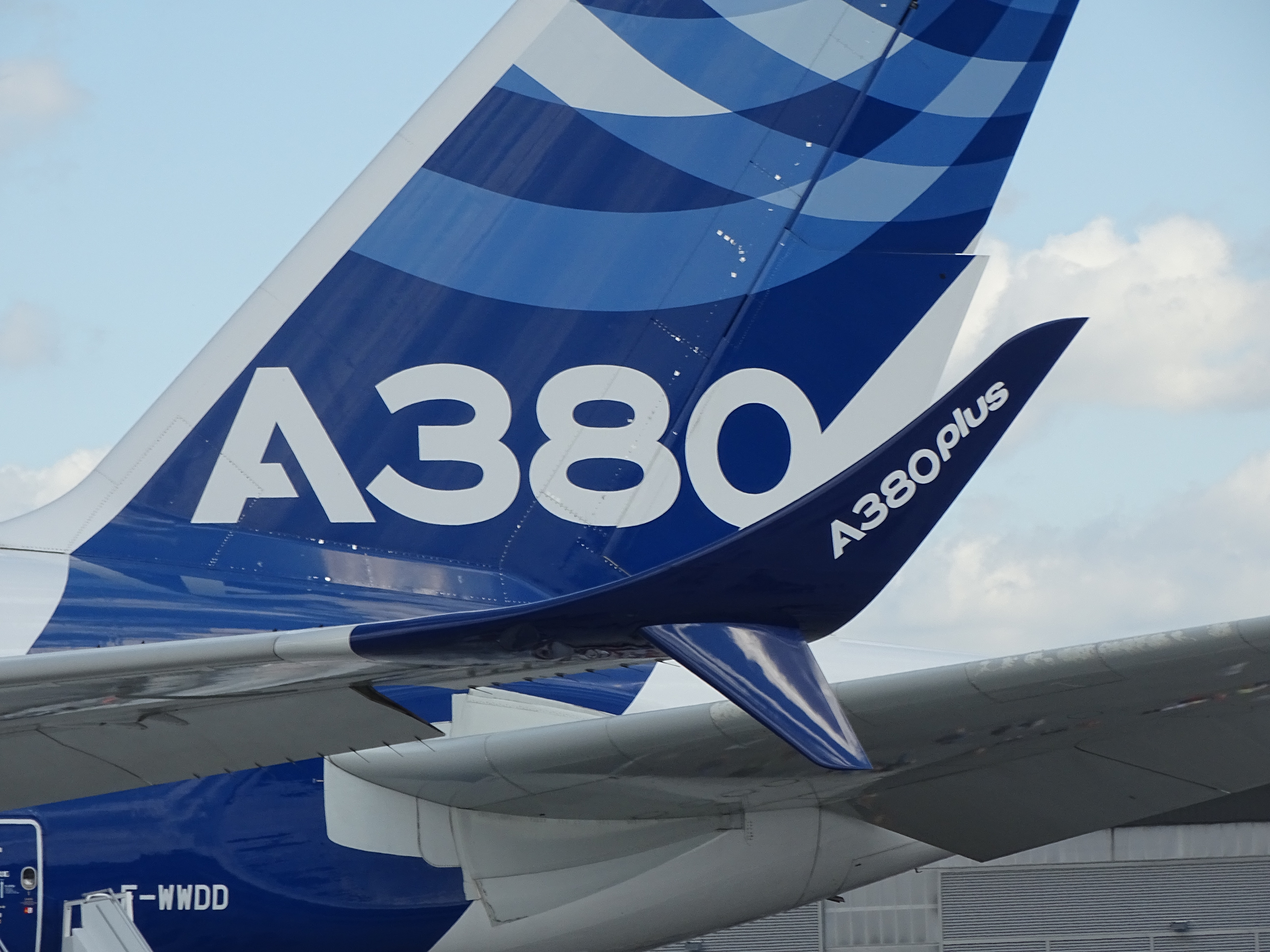Boeing's losses keep increasing as the company faces ongoing supply chain challenges that have led to larger-than-anticipated losses. The aircraft manufacturer reported a loss of $1.27 per share, which, although better than the $2.75 per share loss in the previous year, marks the seventh consecutive quarter of losses when excluding one-time items.
The grounding of the 737 Max in March 2019, following two fatal crashes, has significantly impacted Boeing's financial performance. Since then, the company has recorded only one profitable quarter without accounting for special items. The recent loss exceeded analysts' predictions of a $1.07 per share loss, as surveyed by Refinitiv, and the company is not expected to recover in the near term.
Despite these issues, Boeing remains optimistic about achieving a positive cash flow this year and plans to build 38 737 Max jets per month and deliver 400 to 450 planes. Company executives emphasize that the financial results indicate progress since the loss is smaller than the previous year.
Boeing CEO Dave Calhoun acknowledged that challenges remain but expressed confidence in the company's operational and financial outlook. He assured that both Boeing and its supplier, Spirit AeroSystems, know how to address the 737 Max assembly issues and that there is no danger to planes already in operation. However, Calhoun admitted that some deliveries would be delayed in the coming months, impacting customers' flight schedules.
In addition to the 737 Max, Boeing is also trying to recover from problems with the 787 Dreamliner. Quality control issues halted deliveries for approximately a year, only resuming in September. The first quarter saw increased costs of $379 million for the 787 program, along with undisclosed compensation amounts for airline customers experiencing delivery delays.
Unusually high inventory numbers have plagued Boeing since it continued production of the 737 Max during its 20-month grounding. The company currently has 225 Max planes in inventory, with 138 awaiting delivery to China. Although Chinese aviation authorities have allowed the 737 Max to fly again, Chinese airlines have not yet accepted delivery due to rising trade tensions between the United States and China.
Despite ongoing challenges and larger-than-expected losses, Boeing's assurances on cash flow and full-year 737 Max deliveries boosted its shares by 3% in midday trading.









